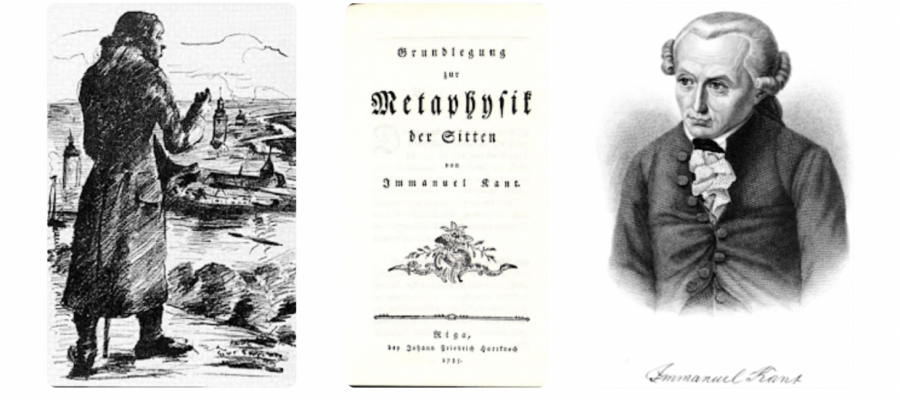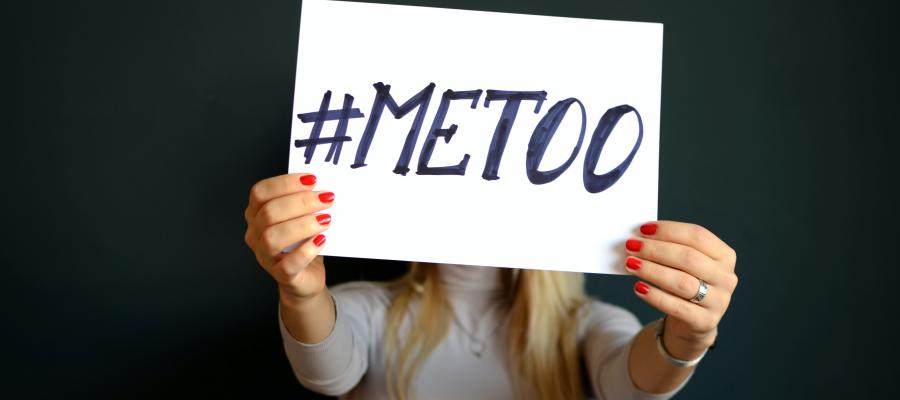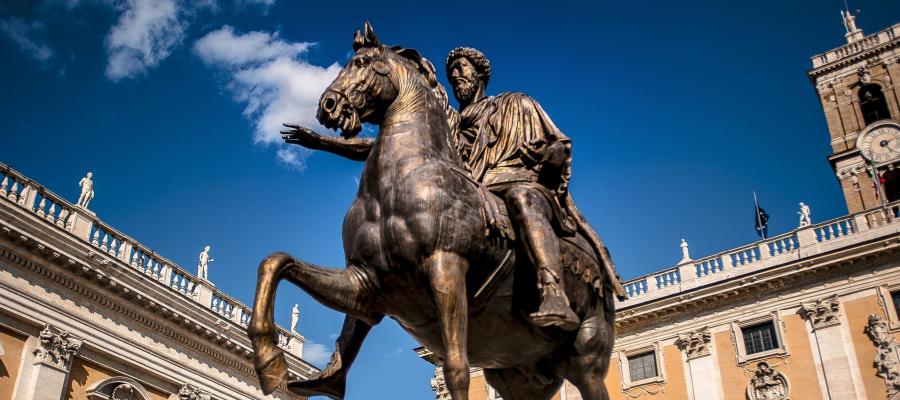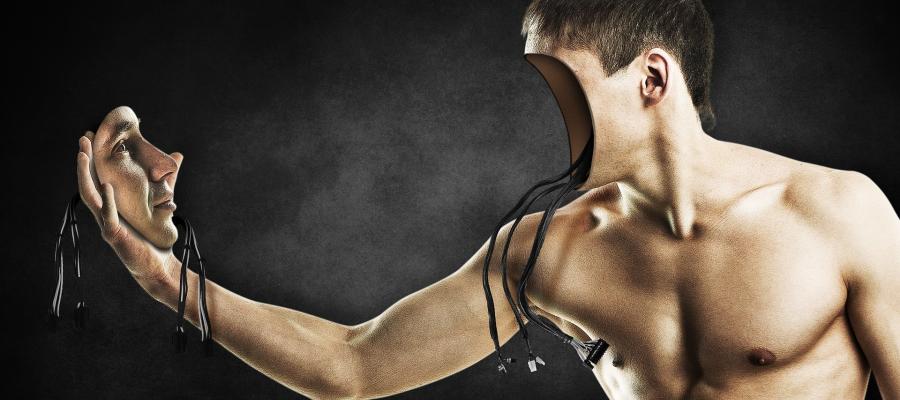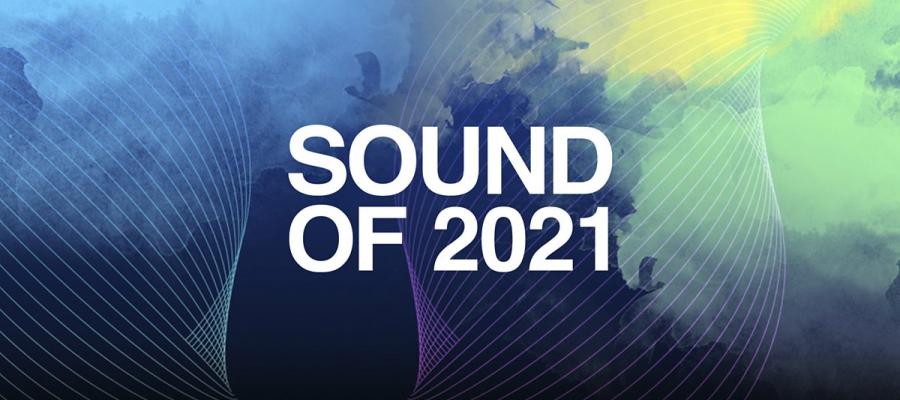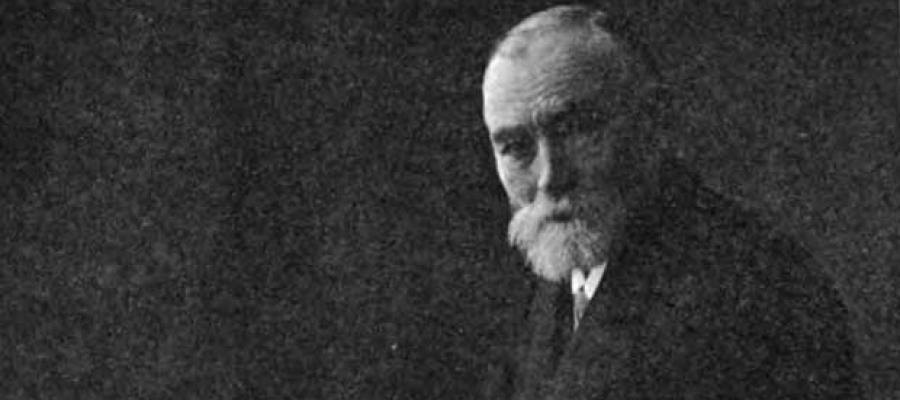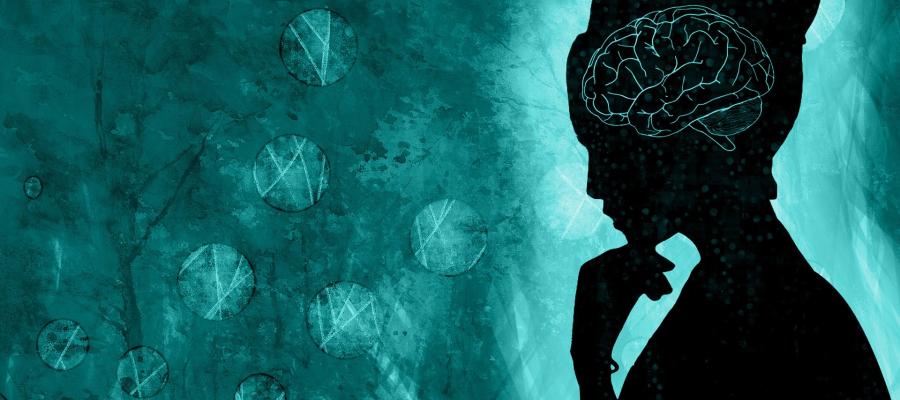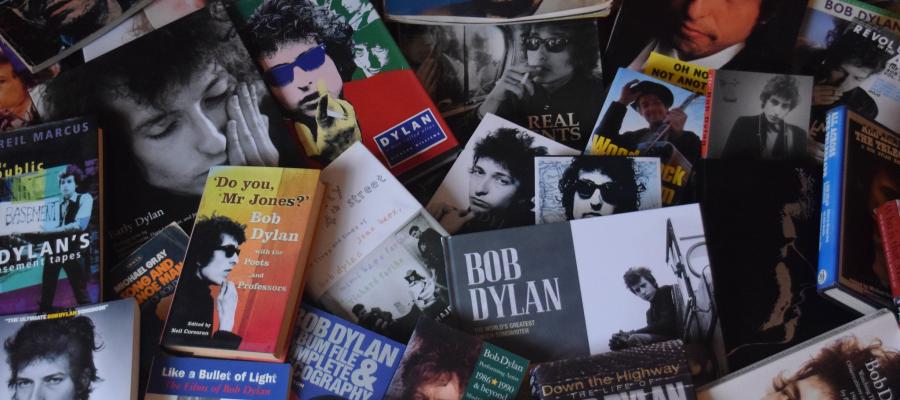Why do some people have a strange desire to do weird things for no (good) reason? There's something fascinating about kids who eat laundry soap as part of a “challenge,” or people who deliberately... Read more
Memoir, Truth, and Self
29
May 2022
Many of us love reading memoirs, but how many of us could write one? It might be fun for everybody to know the truth about our sordid lives—assuming those lives were interesting enough. Chances are many of us would have to make half of it up.
Read moreIdeology and Belief
08
May 2022
Is ideology just a system of false beliefs, like Fascism or Scientology, that’s opposed to reason? Or do belief systems like liberal democracy—the belief that everybody deserves the same freedoms, a say in their government, and the protection of the law, also count as ideology?
Read moreKant's Guide to Morality
22
Apr 2022
Can you reason your way into being a good person? Or are your feelings a better guide for doing the right thing? This week we’re thinking about German enlightenment philosopher Immanuel Kant and his view of a universal morality based on reason.
Read moreThe Staying Power of Poetry
08
Apr 2022
I was delighted when Louise Glück, one of the great poets of our age, won the Nobel Prize in Literature. I wrote about one of my all-time favorite poems, "Ithaca," for this week's episode, "Why Poetry Matters," with Louise as guest!
Read moreMourning a Lost Culture
18
Mar 2022
When we are grieving, is it a good idea or a bad idea to engage with art that takes grief to be its subject? Does this help us to cope, or does it rip out whatever stitches we have managed to sew in while we try to bear an unbearable loss?
Read moreTackling Sexual Violence
07
Mar 2022
How do we achieve justice for victims of sexual assault? Can we change the legal system to make it more effective? Or should we turn to social media instead? This week, we're thinking about the #MeToo movement and the criminal justice system.
Read moreThe Value of Anger
11
Feb 2022
Shouldn’t we get angry at injustice? Don’t some things deserve our rage? Or will rage just beget more rage? These are some of the questions we're thinking about on this week's show, "Righteous Rage."
Read moreWho Wants to Be a Stoic?
01
Feb 2022
What can we learn from the Stoics about living a good life? Should we all try to become indifferent to pain, suffering, and death? This week we’re thinking about the Stoic philosophy of Roman emperor Marcus Aurelius.
Read moreDigital Persons?
07
Jan 2022
Could robots ever have feelings that we could hurt? Should we hold them responsible for their actions? Or would that just be a way to let humans off the hook? This week, we’re asking “Could Robots Be Persons?”
Read more2021: The Year in Sound
25
Dec 2021
Every once in a while I like to step out from behind the mixing board to give a behind-the-scenes look at some aspect of the program. For our annual end-of-year special, we tried something a bit different, though not unprecedented.
Read moreVirtual Reality, Real Feelings
15
Dec 2021
Can virtual reality make people more empathetic, train students in the scientific method, and help people overcome their fears? This week’s episode asks whether VR is a force for good, a force for ill, or not much of a force at all.
Read moreAge, Ageism, and Equality
02
Dec 2021
Is age discrimination always wrong? Or it is fair to treat different ages differently? How do we take people's age into account without being ageist? These are the questions we’re asking this week, in an episode called “Should All Ages Be Equal?”
Read moreSocially Intelligent Robots
12
Nov 2021
Would you like a robot to assist you with tasks around the home? What kinds of jobs would you be comfortable leaving a robot to do? Would you trust one to take care of your child or an elderly parent? This week's show is "The Social Lives of Robots."
Read moreA Question of Frege
08
Nov 2021
Frege believed that math is analytic, meaning that the definitions of mathematical terms like “2” and “4” guarantee the truth of sentences like “2+2=4”. Frege’s theory explains how we know about math; as long as we can understand what we mean by mathematical terms, and can reason logically, our mathematical knowledge is guaranteed. But in order to work, the theory has to rely on Frege’s definition of a number.
Read morePersons, Community, and the Akan
25
Oct 2021
Is your inner life what makes you, you? Or is your identity about connecting to your community? How can West African philosophy help us think about the self? This week, we’ll be thinking about Akan Philosophy, specifically its conception of personhood.
Read moreWhy Is Math So Useful?
15
Oct 2021
Is math a realm of timeless, universal truths? Or are mathematicians just making it up as they go? If equations are made up, why are they so useful? We’ll be discussing these questions, and more on this week’s episode, “The Mysterious Timelessness of Math.”
Read moreOn Awesomeness
27
Aug 2021
Is “awesome” just an overused word for things we like? Or does it refer to a particular kind of excellence? Would the world be a better place if we all tried to be more awesome and less sucky? This week, we’re thinking about awesomeness.
Read moreIs Facebook Morally Responsible?
21
Aug 2021
If you’ve been following the news, you’re aware that the Delta variant of the Coronavirus is all around us. While it only poses a very minor risk to the vaccinated, it is wreaking havoc on the unvaccinated.
Read moreMicroaggressions and Intention
13
Aug 2021
Can subtle slights cause serious harm? Does it matter if no harm was intended? Are microaggressions in the eye of the beholder? Or are they a way to keep certain groups in their place? This week we’re thinking about Microaggressions.
Read moreThe Slow Miracles of Thought
23
Jul 2021
How can the human mind think about objects outside itself? How is it possible to talk about things that don’t even exist? This week, we’re thinking about reference—specifically, an “opinionated” theory of reference by our dear departed friend, longtime Philosophy Talk host Ken Taylor.
Read moreLiterary Minds
09
Jul 2021
What can neuroscience tell us about novels, poems, and plays? Can fiction help us develop real-world cognitive skills? And can writers exploit our mental weaknesses—for our own good? These are some of the questions we'll be asking on this week’s show, “Your Brain on Literature.”
Read moreSummer Dylan Reading
19
Jun 2021
Every once in a while, I sneak out from behind the mixing board to offer some insights into the process of producing the program. This week, however, I’m chiming in as part of our annual Summer Reading special to let you in on some of my own reading plans.
Read moreNonduality
05
Jun 2021
What does it mean to say everything is one, not two? Doesn’t it seem like the world is full of many different things? Or is separateness just an illusion? This week we’re thinking about Nonduality and the Oneness of Being.
Read moreUnnecessary Necessities
28
May 2021
During the pandemic, you may have been watching Schitt’s Creek. Its characters inspired this month’s pandemic puzzle, which is about how to figure out the ideal balance between feeling like you need a lot to be happy, and feeling like you need very little.
Read moreThe Philosophy of the Vienna Circle
22
May 2021
Is metaphysics just a bunch of nonsense? Is it okay to believe something you could never prove? Could logic be a solution to the world’s problems? This week on Philosophy Talk, we’re thinking about the Vienna Circle, a group of Austrian philosophers from the 1920s who debated these questions.
Read more- ‹ Previous
- 2 of 39
- Next ›


